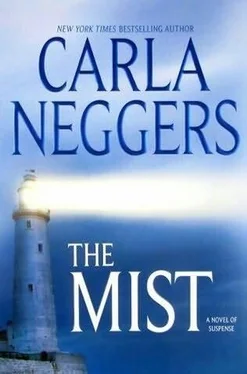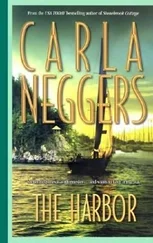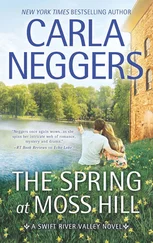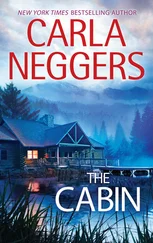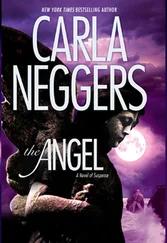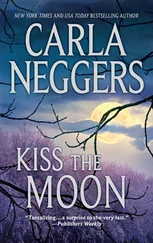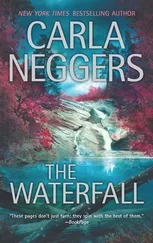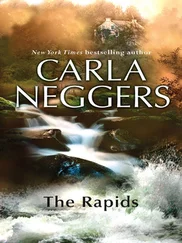
The third book in the FBI series, 2009
To Jim and Maureen,
and to Todd and Martha
Family!
Beara Peninsula, Southwest Ireland
4:45 p.m., IST
August 25
Lizzie Rush tensed at her table by the fire, watching out of the corner of her eye as a tall, fair-haired man entered the small village pub, shutting the door firmly against the gale-force wind and steady rain that had been lashing the southwest Irish coast for hours. The man wore an expensive trench coat unbuttoned over a dark brown sweater neatly draped across a flat abdomen, dark brown trousers and leather shoes that, although suited to walking the isolated hills of the remote Beara Peninsula, looked to be free of mud and manure.
The half-dozen local fishermen and farmers Lizzie had seen arrive over the past hour had hung up wet, worn jackets and scraped off their shoes and wellies or shed them and set them by the door. The men were gathered now over pints of Guinness and mugs of coffee at rickety tables by the front window. They paid no attention to the newcomer, nor did the brown-and-white springer spaniel flopped on the stone hearth close to the peat fire. The dog belonged to the barman and presumably was accustomed to the comings and goings at the pub.
Lizzie drank the last of her strong coffee. The past day had been a whirlwind. A last-minute overnight flight from Boston to Dublin. A few hours to check in to her family’s small hotel in Dublin and try to talk herself into abandoning her trip to the Beara Peninsula. No luck there. Then it was back to the airport for a short flight west across Ireland to the tiny Kerry County airport and, finally, the drive here, to this quiet village on Kenmare Bay, in the rain and wind.
She set down her mug and turned a page in the beautifully illustrated book of Irish folktales she was reading while enjoying coffee and warm blackberry crumble by the fire. As tempting as it was, she knew she couldn’t give in to the lure of the cozy, romantic atmosphere of the pub and let down her guard. As the newcomer walked over to the bar, she reminded herself he could have a weapon-a gun, a knife-concealed under his trench coat or tucked next to an ankle.
Or he could be an ordinary, if well-dressed, tourist getting out of the gale.
The barman, a wiry, sandy-haired Irishman named Eddie O’Shea, filled a pint from the tap. He’d been eyeing Lizzie with a mix of suspicion and curiosity since she’d shed her own dripping jacket and hung it on a wooden peg by the door, but he gave the newcomer a warmer reception.
“Ah,” he said with a smile and a little hoot of surprise and recognition, “if it isn’t Lord Will himself.”
Lord Will.
Lizzie forced herself to calmly turn another page in her book.
“Hello, Eddie,” the newcomer said in an upper-class British accent.
Eddie set the pint on a tray on the gleaming, polished five-foot stretch of wood in front of him and sighed. “You wouldn’t be in Ireland for a bit of golf, would you?”
“Not today, I’m afraid.”
Lizzie stared at a lush watercolor of a quaint Irish farm, grazing sheep and trooping fairies. Of all the things she’d anticipated could go wrong on this trip, having William Arthur Davenport turn up in the same Irish village, the same Irish pub she was in, wasn’t one of them.
She let her gaze settle on the details of the captivating watercolor-the pink-and-lavender sunrise above the green hills, the purple thistle along a country lane, the mischievous smiles of the fairies. The book was the work of Keira Sullivan, a Boston-based illustrator and folklorist with deep Irish roots. Lizzie had yet to meet Keira, but she knew Simon Cahill, the FBI agent with whom Keira was romantically involved.
Simon, Lizzie reminded herself, was the reason she was in Ireland. She’d heard he was here with Keira on the Beara Peninsula while she painted and researched an old Irish story. As much as Lizzie hated to disturb the new lovers, she felt she had no choice. She had to act now, before Norman Estabrook could make good on his threat to kill Simon and his boss, FBI director John March.
Norman would kill Lizzie, too, if he discovered the role she’d played in the FBI investigation into his illegal activities over the past year, culminating in his arrest two months ago on suspicion of money laundering and providing material support to transnational drug traffickers. He was a thrill-seeking billionaire with a long reach. There was no doubt in her mind that he would never go to trial, much less end up in prison. For Norman Estabrook, death was preferable to confinement. He was under arrest now-he’d given up his passport, posted a huge bond and agreed to stay on his Montana ranch under electronic surveillance. But it wouldn’t last. There was talk he was about to cut a deal with federal prosecutors and walk.
And when that happened, Lizzie thought, he’d come after the people he believed had betrayed him. Simon Cahill, John March-and their anonymous source.
Her.
When she’d finally decided to come to Ireland and talk to Simon face-to-face, Lizzie had created a cover story that would explain her presence on the Beara Peninsula without giving herself away. If not the truth, it wasn’t an outright lie, either.
She simply hadn’t counted on Simon’s handsome, dangerous British friend turning up in Ireland, too. She had no desire to pop onto Will Davenport’s radar.
Lizzie decided she wouldn’t mind being a tiny fairy right now. Or a shape-shifter. Then she could turn herself into an ant.
An ant could disappear into a crack in the floor and not be noticed by the man at the bar.
She’d done her research. Will Davenport was the younger son of a British peer, the marquess of something-she couldn’t remember his exact title. Peter, Will’s older brother, managed the family’s five-hundred-year-old estate in the north of England, and Arabella, his younger sister, designed wedding dresses in London. At thirty-five, Will was the wealthy owner of various properties in England and Scotland, with offices in an ivy-covered London brownstone.
That wasn’t all he did. Two years ago-supposedly-he had abruptly abandoned his career as an officer with the Special Air Service-the SAS-to make his fortune. Lizzie, however, strongly suspected he had merely shifted from the SAS to the SIS, the British Secret Intelligence Service, popularly known as MI6.
She did know her spies.
Surreptitiously she tucked a few strands of black hair back under her red bandanna. She hadn’t tried to disguise herself so much as make it less easy for anyone to describe her later on. “Oh, yes, I saw a woman at the pub. She had on a red bandanna and hiking clothes.”
If things went wrong for her in Ireland, which they seemed about to do, that wasn’t much for anyone, including the FBI, the Irish Garda and MI6, to go on.
Lizzie picked up her fork and scooped up the last of her warm crumble, fat blackberries oozing out from under the simple crust of sugar, flour and butter. She sat with her back to the wall, facing out into the pub. “It’s hard for someone to stab you in the back if you’ve got it to the wall,” her father had explained on her thirteenth birthday. “At least you’ll have a chance to defend yourself if someone tries to stab you in the heart. You can see the attack coming.”
Harlan Rush didn’t look at life through rose-colored glasses, and he’d taught Lizzie, his only child, to do the same.
She wanted rose-colored glasses. She wanted, even for a few minutes, to be someone who could settle into a quaint Irish pub on a windy, rainy afternoon without considering that a killer could walk through the door, looking for her.
Читать дальше
